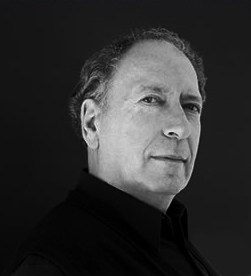What relation does your music have with your poetry?
Poetry is a written and oral phenomenon. Space, in poetry and music, is transformed into time; in painting and sculpture, time is transformed into space. A sonnet and a sonata occur in sonorous terms. How can one understand a poem without hearing it?
It's a mistake to think that language has only to do with words. The best expression for a theme may be in music or painting or dance. What music, poetry, painting, architecture, and dance have in common is rhythm. Everything breathes in order to, eventually, not breathe.
A thought has its own rhythm. A sentence, by altering the emphasis of its words, gives a different meaning each time. And silence has, in poetry, as much value as it does in music. Changing the duration of silence between certain words can completely alter the sense.
Nature is always expressing something. Unfortunately, we don't always understand what it's saying. If we don't know a language, we cannot understand what is being said in it. Many people freely admit that; however, they assume they understand the language of music. They will acknowledge not being able to speak, say, Chinese, but they are sure they understand music. They affirm: "I like it" or "I don't like it", as if they were speaking about a salad or a dessert. If you ask them what the music is saying, they have no answer. They accept as a given that music says nothing in particular, and look for what flatters their ear. They create categories like "classical," "romantic," "happy," "sad," etc. Much music and literature do not say anything, but there is music and literature which does, sometimes a lot. Of course, the meaning of a work cannot be obtained in a single listening or reading.
Some themes or subjects are easier to express in poetry; others, in music. For example, in the music version of Ontogenia, I wanted to express the fear felt by a person who is going to say something very serious, without wounding his listener. Of course, he hesitates. I think if I were to have written the content of Ontogenia as prose, it would have turned out three times longer than the Recherche of Proust. I put a building into a matchbox.
Poetry is often read without real awareness of its rhythmic sonority. It is impossible to understand poetry – real poetry – that way: sonority, silence, and rhythm are fundamental.
